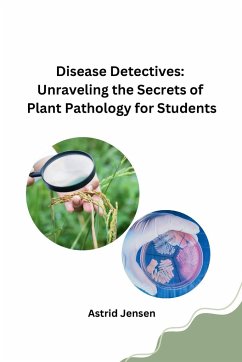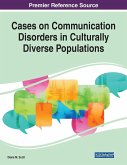Plants are an essential part of our planet's ecosystem, providing us with food, oxygen, and numerous other resources. However, just like humans and animals, plants are also susceptible to diseases. Understanding the importance of plant health and the field of plant pathology is crucial for students interested in the field of botany. Plant health refers to the overall well-being of plants, including their ability to resist diseases, pests, and environmental stresses. Healthy plants not only yield higher crop production but also contribute to a balanced and sustainable environment. As students delve into the world of botany, they will realize that maintaining plant health is of utmost importance for the future of agriculture and the planet. Plant pathology is the study of plant diseases and the science behind their prevention, diagnosis, and treatment. Disease detectives, or plant pathologists, play a crucial role in identifying and managing plant diseases to ensure the health and productivity of crops. By understanding the causes, symptoms, and transmission of plant diseases, students can help protect plants from harmful pathogens and work towards sustainable agriculture. Plant diseases can have devastating effects, leading to significant yield losses, economic hardships, and even famine in some regions. By learning about plant health, students gain the knowledge and skills necessary to prevent and manage these diseases effectively. They can recognize early signs of disease, implement proper disease management techniques, and develop innovative strategies to combat plant pathogens in a sustainable manner. Moreover, plant health is not only essential for agriculture but also impacts the natural environment. Healthy plants contribute to the biodiversity of ecosystems, supporting a wide range of organisms, including insects, birds, and mammals. By preserving plant health, students can contribute to the conservation of natural habitats and promote sustainable practices.
Hinweis: Dieser Artikel kann nur an eine deutsche Lieferadresse ausgeliefert werden.
Hinweis: Dieser Artikel kann nur an eine deutsche Lieferadresse ausgeliefert werden.








